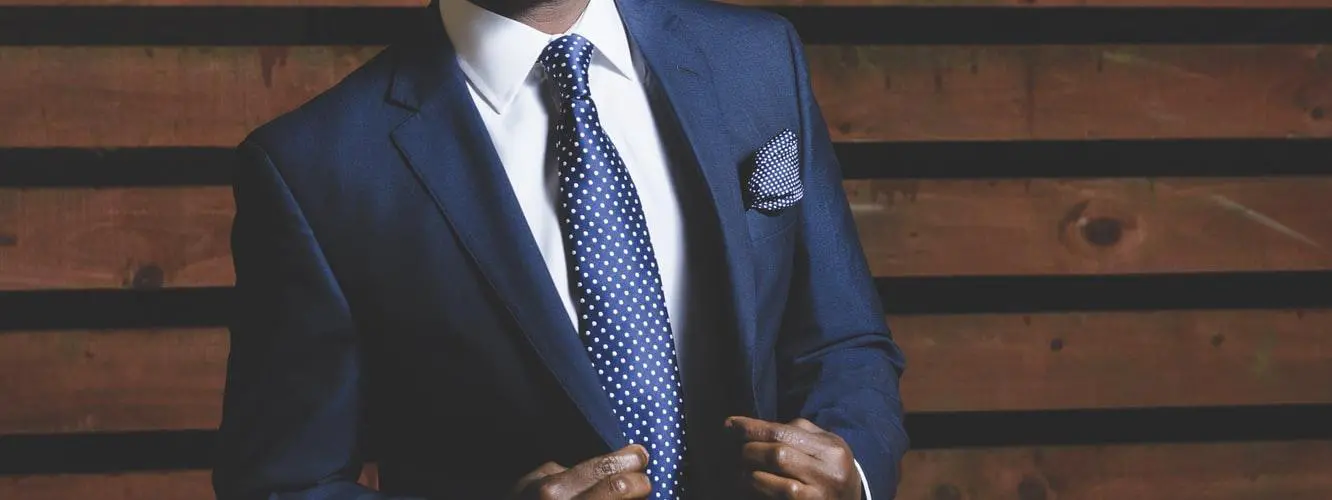Summary of our market study
The global luxury menswear market is estimated at between €20 and €25 billion, with French companies controlling over 20% of the market.
In 2020, the global luxury menswear market continues to show robust growth, in contrast to the downward trend in the broader ready-to-wear sector.
The global luxury goods market is valued at €1,171 billion, with personal luxury goods at €160 billion, luxury apparel at nearly €60 billion and luxury menswear at €20 and €25 billion.
French groups dominate the luxury frontier, with LVMH, Kering and Hermès. French players hold around 23.5% of the global luxury goods market. Their distribution strategy favors single-brand stores.
The current trend is to mix fast-growing streetwear with traditional luxury goods.
E-commerce has become increasingly important, accounting for 10% of global sales of personal luxury goods, and the second-hand luxury segment, particularly online, is experiencing significant growth.
Foreign tourists to France account for half the sales of French luxury groups. Their average expenditure reaches a staggering 2,000 to 3,000 euros per customer visiting a luxury store.
Millennials account for over a third of the luxury market.
Luxury clothing prices are on an upward trend.
Trends in the French luxury menswear market
While the general ready-to-wear sector is in decline, luxury apparel is on the rise, benefiting from France's position as a world leader in fashion.
On average, French households spend between 500 and 600 euros a year on clothing, and this amount is tending to decrease. Consumption of luxury goods is different. Clothing has become the most frequently purchased luxury item, accounting for a third of all luxury purchases.
The luxury apparel sector benefits from a favorable regulatory environment. The collection tax credit, in particular, offers substantial advantages to companies involved in the creation of new collections.
Players in men's luxury fashion
French luxury giants:
- LVMH with its Louis Vuitton, Christian Dior and Fendi brands.
- Kering with its Gucci, Saint Laurent and Balenciaga brands.
- Hermès
International newcomers:
- Off-White, known for streetwear.
Domestic newcomers:
- Jacquemus
to understand this market
Detailed content of our market study
 Inforamtion
Inforamtion
- Number of pages : 35 pages
- Format : Digital and PDF versions
- Last update :
 Summary and extracts
Summary and extracts
1 Market overview
1.1 Definition and scope of study
The luxury menswear market is a niche market, reserved for a segment of the population able to afford high-priced designer or haute couture clothing on a regular or occasional basis.
The market has been affected by the health crisis, with a 27% drop in sales in 2020. However, unlike the broader ready-to-wear market, which was already experiencing a sharp downward trend before the crisis, the French market for luxury apparel has been affected by the crisis.s luxury apparel market has always performed better, and can count on several French companies among the world's leading luxury players (LVMH, Hermes, etc.).).
The luxury menswear market remains dominated by the big names in haute couture, leaving little room for new entrants. However, new trends are emerging in the world of men's luxury apparel, such as the integration of streetwear with traditional luxury codes, and the rise of second-hand clothing. Traditional players thus face a major challenge in adapting to this new market structure, as newcomers emerge from this new situation.
All our studies are available online in PDF format
Take a look at an example of our research on another market!
 Choosing this study means :
Choosing this study means :
Access to more than 35 hours of work
Our studies are the result of over 35 hours of research and analysis. Using our studies allows you to devote more time and added value to your projects.
Benefit from 6 years' experience and over 1,500 industry reports already produced
Our expertise enables us to produce comprehensive studies in all sectors, including niche and emerging markets.
Our know-how and methodology enable us to produce reports that offer unique value for money.
Access to several thousand articles and paid-for data
Businesscoot has access to all the paid economic press as well as exclusive databases to carry out its market research (over 30,000 articles and private sources).
To enhance our research, our analysts also use web indicators (semrush, trends, etc.) to identify market trends and company strategies. (Consult our paying sources)
Guaranteed support after your purchase
A team dedicated to after-sales service, to guarantee you a high level of satisfaction. +44 238 097 0676
A digital format designed for our users
Not only do you have access to a PDF, but also to a digital version designed for our customers. This version gives you access to sources, data in Excel format and graphics. The content of the study can therefore be easily retrieved and adapted for your specific needs.
 Our offers :
Our offers :
the luxury men's clothing market | France
- What are the figures on the size and growth of the market?
- What is driving the growth of the market and its evolution?
- What is the positioning of companies in the value chain?
- Data from several dozen databases
Pack 5 études (-25%) France
- 5 études au prix de 74 €HT par étude à choisir parmi nos 1200 titres sur le catalogue
- Conservez -25% sur les études supplémentaires achetées
- Choisissez le remboursement des crédits non consommés au terme des 12 mois (durée du pack)
Consultez notre catalogue d’études sectorielles


















